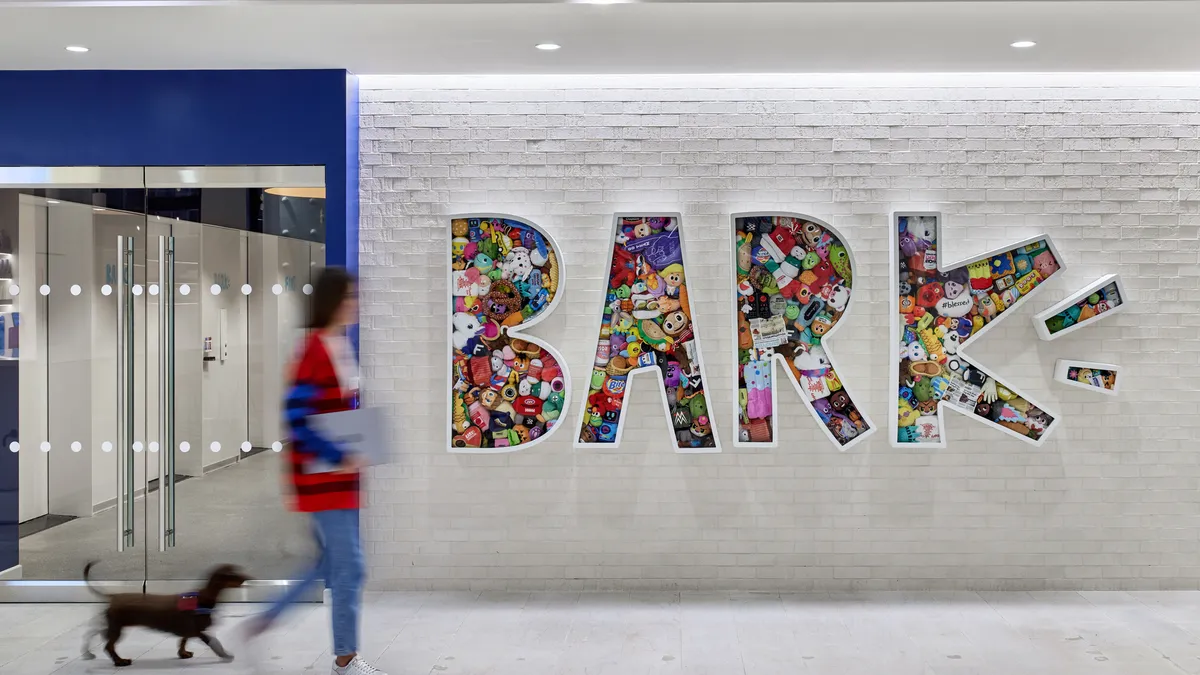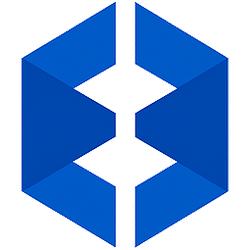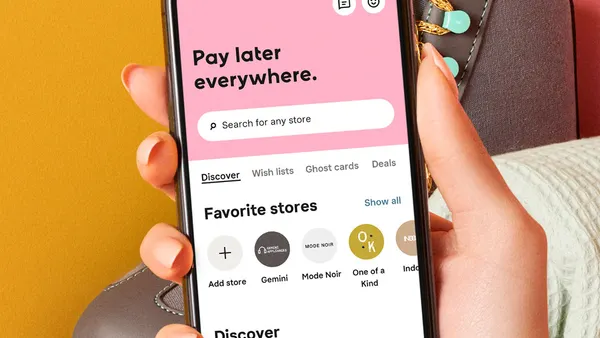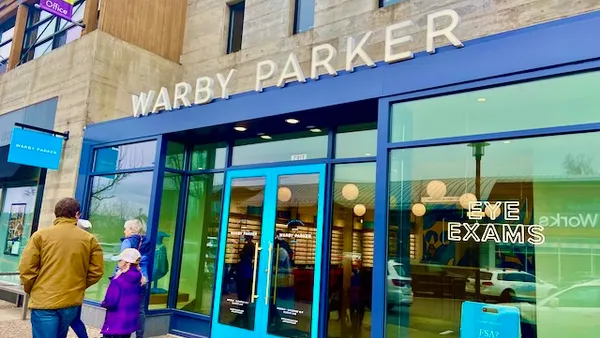Dive Brief:
- Following its Q1 earnings report in early August, Bark’s board of directors has authorized a share repurchase program, according to a Thursday press release.
- The pet care company can repurchase up to $7.5 million of its common shares, which is the maximum allowed based on terms from its outstanding convertible notes.
- Bark’s decision is said to reflect its “strong financial position, continued expansion into promising categories like consumables, and positive outlook on its future cash position,” per the release.
Dive Insight:
Bark’s decision to repurchase stock comes after the company has worked to improve its free cash flow.
“We remain committed to delivering value to our shareholders and today’s announcement is a testament to our healthy balance sheet and confidence in our ability to execute on our key initiatives,” Zahir Ibrahim, chief financial officer at Bark, said in a statement. “While limited by the terms related to our convertible notes, which cap our share repurchase capacity to $7.5 million each calendar year, we have the opportunity to repurchase over 3% of our market capitalization at current share prices. Given our robust runway, we believe this is a strategic use of capital.”
The pet company earlier this month reported its first-quarter revenue dropped 8% year over year to $120.6 million. Wholesale revenue declined 32% year over year to $8.7 million and direct-to-consumer revenue decreased 5% to $111.9 million. Meanwhile, Bark narrowed its net loss in the first quarter to $11.7 million and its operating loss was $14 million.
Bark’s long-term debt reached about $81.4 million for the period ending June 30, according to the company’s Q1 press release from Aug. 8. On a call with analysts at the time, CEO Matt Meeker noted that Bark reduced its cash burn year over year and generated $3 million in positive free cash flow over the past nine months, according to a Seeking Alpha transcript.
“This presents us with many opportunities to put this cash to work, including paying down debt, buying back stock, potential M&A opportunities and enjoying the high rate of interest that we are collecting on that balance today,” Meeker told analysts.
The company was earning about 5% interest on its existing cash balance, but Meeker said that higher returns could be generated using the capital elsewhere.
“So our first preference is taking out our debt,” Ibrahim said. “But it would have to be a meaningful discount given the strong interest rate we're earning on our cash at present. We continue to think also that our stock is undervalued and so if we're unable to reach a favorable agreement on the debt, our next best opportunity is to use some of our cash for a buyback program.”















